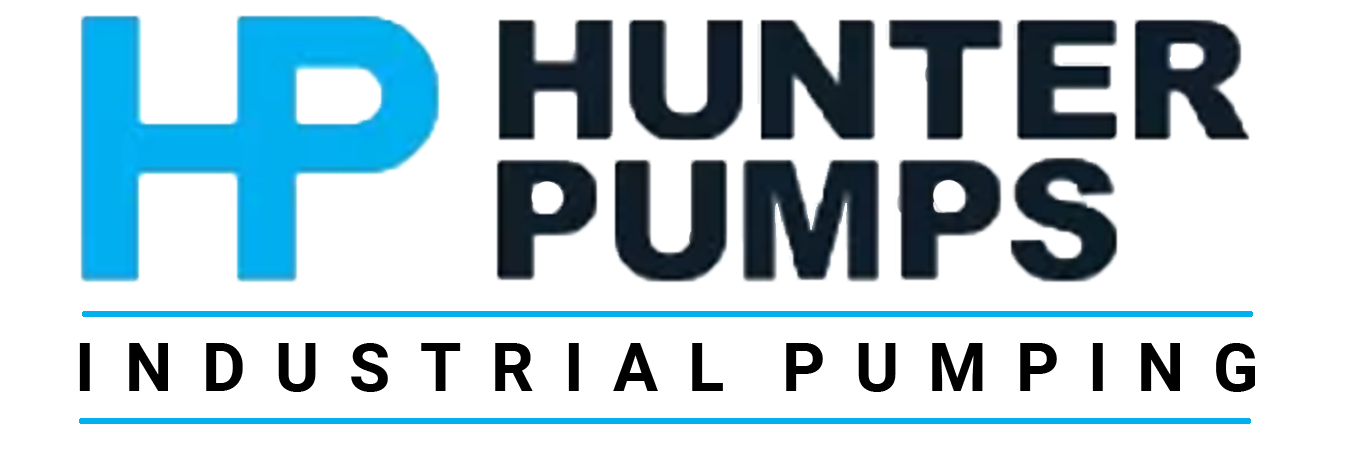Piston Pumps
About PISTON PUMPS
POWERFUL AND UNIQUELY DESIGNED PISTON PUMPS FOR A VARIETY OF USES
For over 25 years, Hunter Pumps Industrial has been a regional and nationwide industry leader in providing industrial pump solutions across Australia. Specialising in the supply of piston pumps and positive displacement pumps, we effectively deal with viscous media and media containing solid particles. Partnering with the world’s most trusted brands, we deliver unbeatable quality and reliability.
A Piston Pump is a type of positive displacement pump. It has a disc-shaped displacement body that uses a piston or plunger to move liquids. The plunger moves into the cylinder through a revolving shaft, displacing fluids. Once the plunger moves out, it draws in another volume of fluids.
Hydraulic Piston Pumps are excellent at pumping liquids, compressed gases, viscous materials, and materials containing suspended solids. They are also excellent at applications like water and oil hydraulics, chemical injection, industrial processing, odour control, and high-pressure jetting or washing, to name a few.

Key Features
Strong and Simple Design
Piston pumps boast a sturdy construction and an uncomplicated design. They consist of a cylindrical compartment, a piston, and a few regulating components.
Positive Displacement Pump
These pumps fall under the type of positive displacement pumps. This means they employ a piston, diaphragm, or plunger to transport fluids.
Rotary Pump
The typical piston pump is a rotary-style pump, utilising a wheel or rotating shaft to drive the piston.
Multiple Pistons
Some piston pumps may include multiple pistons, each with its regulating components.
Single or Double-Acting Pumps
There are single-acting and double-acting piston pumps. The latter has dual sets of control devices and fluid at both ends.
Benefits
Besides their key features, piston pumps have many benefits, such as:
High Efficiency
Piston pumps are recognised for their excellent efficiency.
High-Pressure Capacity
They can manage high pressure up to 1,000 bar or 14,000 psi.
Low Flow and Pressure Fluctuations
Piston pumps maintain consistent flow and pressure levels.
Low Noise Development
These pumps operate with low noise levels.
High Load at Minimum Speed
Piston pumps can sustain significant loads, even at reduced speeds.
High Reliability
These pumps are known for their reliability.
High Suction Performance
Piston pumps excel in suction performance, particularly when dealing with viscous materials.
Robust and Resilient
The pump is built to withstand heavy-duty usage, especially with dense fluids.
Spare Wearable Parts
Their intermittent operation helps prolong the life of wearable parts.
High Material Pressure
High material pressure and volume make Piston Pumps compatible with long hoses.
Lightweight Housing
The pump's housing is lightweight but resilient, ideal for harsh conditions and construction sites.
LEARN MORE
How Does a Piston Pump Work?
A piston pump works on a simple principle: the reciprocation of a piston within a cylindrical chamber. This reciprocating motion alternates between drawing fluid and discharging it, creating an almost continuous flow.
The process begins with the suction stroke. As the piston retracts, it creates a vacuum within the cylinder. This decrease in pressure opens the inlet valve (due to the higher external pressure), allowing the fluid to enter the cylinder.
Next comes the discharge stroke. The piston moves forward, compressing the fluid within the cylinder. The increased pressure opens the discharge valve (as internal pressure exceeds external pressure), pushing fluid out of the cylinder.
The suction and discharge valves in piston pumps are spring-loaded. This design ensures efficient pump operation by opening only when the pressure difference reaches a specific threshold. With this mechanism, piston pumps can effectively handle viscous media or media with solid particles, making them suitable for various industrial applications.
If you need dependable and efficient piston pumps, look no further than Hunter Pumps. We’ve got you covered for all your pumping needs!
Piston Pump Types
Understand the different types of piston pumps:
Lift Piston Pump
- This pump type uses a piston to move the compressed gas or fluid with the help of a control mechanism known as a valve. The valve is situated just below the inlet port.
Force Piston Pump
- This pump derives its name from the forceful action of the piston. The piston can forcefully upstroke the fluid by opening the valve and downstroke the liquid or compressed gases.
Axial Piston Pump
- The term 'axial' is used due to the direction of the exhausted liquid or compressed gas. In this context, it is parallel to the piston axis, hence the name axial.
Radial Piston Pump
- In this type of piston pump, the liquid flow is made radial, meaning it flows outwards from the piston.
INDUSTRY Applications
- High-Pressure Cleaning
- Water Hydraulics
- Oil Hydraulics
- Process Technology
- Water Injection
- Water Cutting
- Drilling Service
- Industrial, Commercial, Hydraulic Pressure Testing
- Agricultural Irrigation
- Fire Suppression
- Automotive Cooling Systems
- Hydraulic Machinery
Piston Pumps can process a wide range of materials, from low-viscosity materials such as glazes to high-viscosity and highly-filled materials for outdoor use. This includes:
- Airless spraying fillers
- Bitumen and bitumen-like coating materials
- Corrosion protection
- Dispersion paints
- Fabric adhesives
- Flame retardants
- Iron mica paints
- Latex paints
- Plasters (filled)
- Sealants
- Thick coating materials
- Varnishes
- Water-proofing of buildings
- Zinc powder paints
PISTON PUMP Specifications
- Flow Rate
- Stroke Volume
- Pump Head
- Pressure
- Horsepower
- Power Rating
- Outlet Diameter
- Operating Temperature
WHY CHOOSE HUNTER PUMPS
Experience Unmatched Efficiency with Hunter Pumps' Piston Pumps
At Hunter Pumps Industrial, we supply Piston Pumps, a type of reciprocating pump known for its efficiency in moving and pressurising fluid. As a positive displacement pump, it’s perfect for high-pressure applications due to its seal that reciprocates with the piston. We’re a trusted provider across Australia, offering an extensive range of world-leading manufacturers. Our service extends to emergency spare parts availability and on-field servicing by trained staff. Trust us for your pump solutions.
Explore our extensive Piston Pump range at Hunter Pumps Industrial and experience unparalleled service and product quality. From supply to repair and servicing, Hunter Pumps Industrial can help you select and maintain your piston pumps, hydraulic piston pumps, and piston water pumps to suit the needs of your operations. Contact us now!
Ask our team of specialists
Get in touch with Hunter Pumps to schedule your free pump assessment
- Pump design assessment
- Hazard & risk assessment
- Identification of signs of wear & tear
- Advice & recommendations
- Free assessment report
- Complimentary quotes
- Assistance in developing a preventative pump maintenance plan
Contact Hunter Pumps today
Frequently Asked Questions (FAQs)
Piston pumps are usually quiet since they're one of the most efficient pump types, with an efficiency of up to 85-90%.
Regular maintenance of a piston pump typically involves checking and replacing worn parts, keeping the pump clean, and ensuring it’s properly lubricated. Always refer to the manufacturer’s instructions for specific maintenance guidelines.
While some piston pumps can handle corrosive or abrasive fluids, it’s important to check the specifications of the specific pump model to ensure it’s suitable for such applications.
While both are types of positive displacement pumps, the main difference lies in the design. In a piston pump, the piston is in direct contact with the pumped fluid. In a plunger pump, a high-pressure seal separates the plunger from the fluid.

